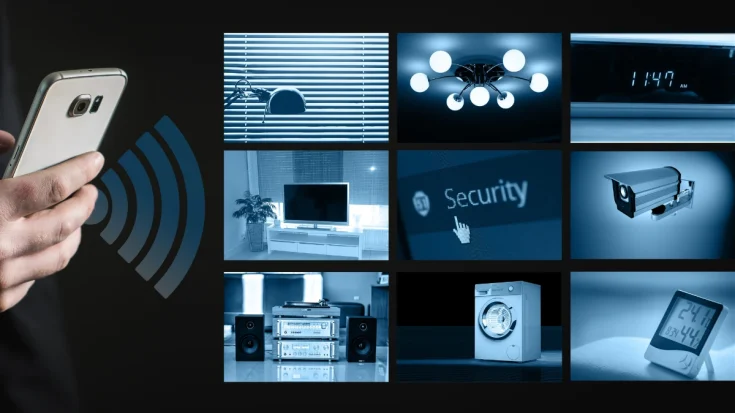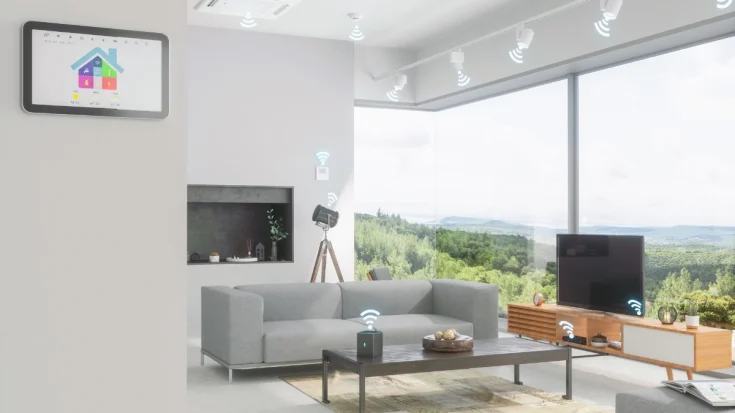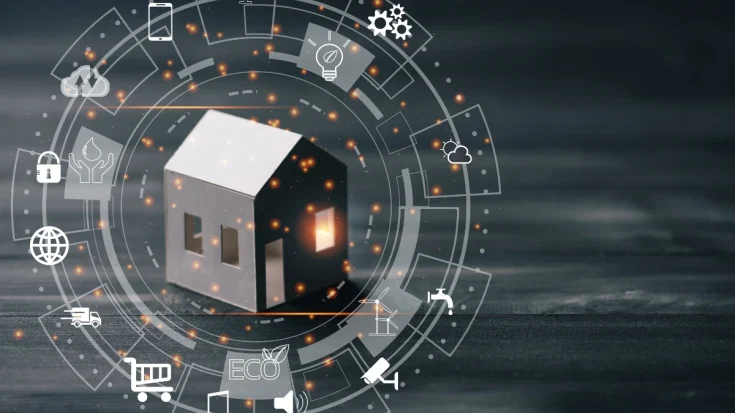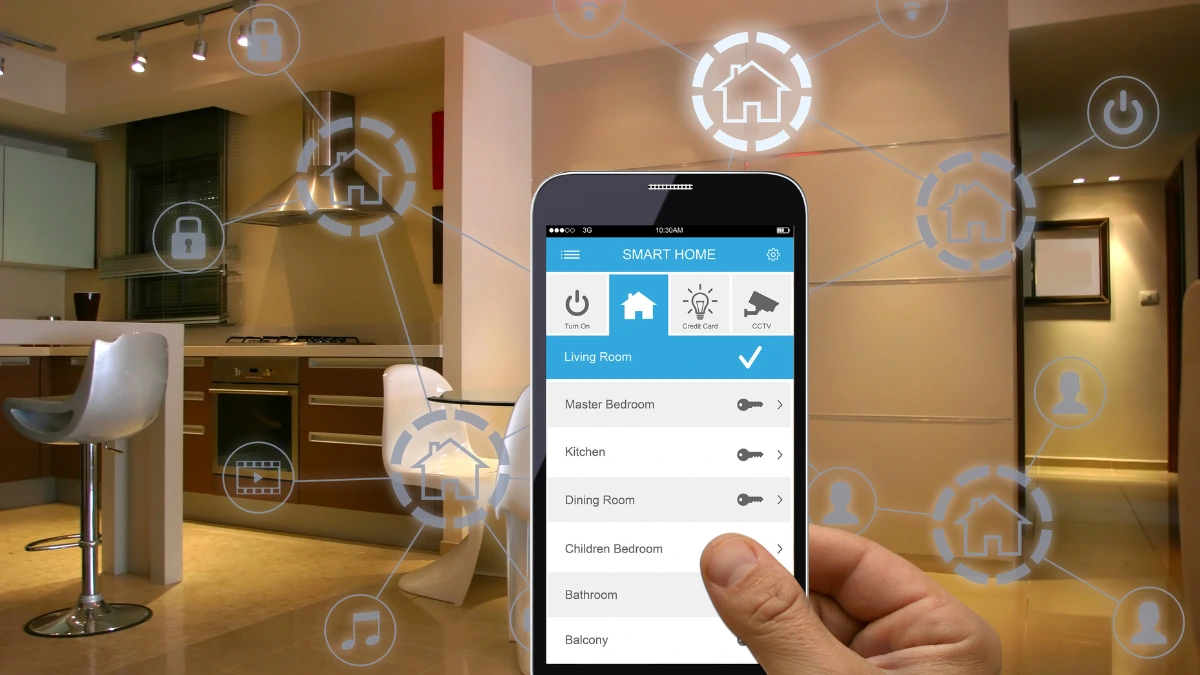Smart homes offer numerous benefits, including the ability to create futuristic residences. However, the advantages and disadvantages of smart homes cannot be easily separated, even though the benefits are evident.
The advantages and disadvantages of smart homes include making your home more comfortable and increasing energy efficiency, while the disadvantages include technology dependency and technical problems.
This article will inform you about some of the advantages and disadvantages of smart homes that you can consider.
The Advantages and Disadvantages of Smart Home

Like any other technology, smart homes have several advantages that can be utilized and disadvantages to consider. The advantages of smart homes include making your home more comfortable and increasing energy efficiency, while the disadvantages include technology dependency and technical problems. Here are the advantages and disadvantages of smart home:
The Advantages of a Smart Home

Here are some advantages of a smart home:
1. Make your home more comfortable
One of the advantages of a smart home is that it makes your home more comfortable. You, as a user, can remotely control devices via smartphone or tablet, such as adjusting lights, cooking, and dusting the floor of the house.
2. Improving the quality of life
Improving the quality of life is another advantage of a smart home. With the ease and comfort provided by the great automation in the house, daily activities become easier, and users can be more productive with their other activities.
3. Improve security
Smart homes are supported by types that support security systems, such as smart CCTV and smart lock doors. These devices can provide notifications when suspicious activity occurs, thus increasing the security of your home.
4. Increase energy efficiency
Increased energy efficiency is another advantage of a smart home. Smart devices are equipped with an automatic system when the device is not in use, so that it can help save energy.
The Disadvantages of Smart Home

Here are some disadvantages of a smart home:
1. Technology dependency
One of the drawbacks of a smart home is its dependency on technology. These devices will not function properly if there are problems with the internet connection.
2. Compatibility
Compatibility is another drawback of smart homes. Not all smart devices are compatible with each other, which will make system integration difficult. So you must ensure the compatibility of each device before buying it.
3. Technical problems
Using a smart home system inevitably has the potential for technical problems. If a problem occurs, of course, it requires technical assistance in carrying out maintenance and repairs.
4. High cost
Another drawback of using a smart home system is its high cost. Not only from the purchase of the device and its installation, which incur a high enough cost, but also the maintenance and repair costs need to be considered.
Those are the advantages and disadvantages of smart homes that you can consider before deciding to use them. When you choose to use smart home appliances, you can feel all the advantages of making your home more comfortable and increasing energy efficiency.
However, don’t forget to consider the disadvantages of technology dependency and technical problems. Another thing to note is that a smart homes must pass the certification test from the Directorate General of Digital Infrastructure (DJID).
With a DJID certification, users can feel calm about using a smart homes device whose quality and security are guaranteed. For manufacturers or importers of smart homes devices, obtaining certification from DJID is a mandatory step before the device can be officially marketed in Indonesia.
To simplify the certification process, Type Approval Certification Services for ICT Products are available to assist with this process as a reliable solution. – UN.

